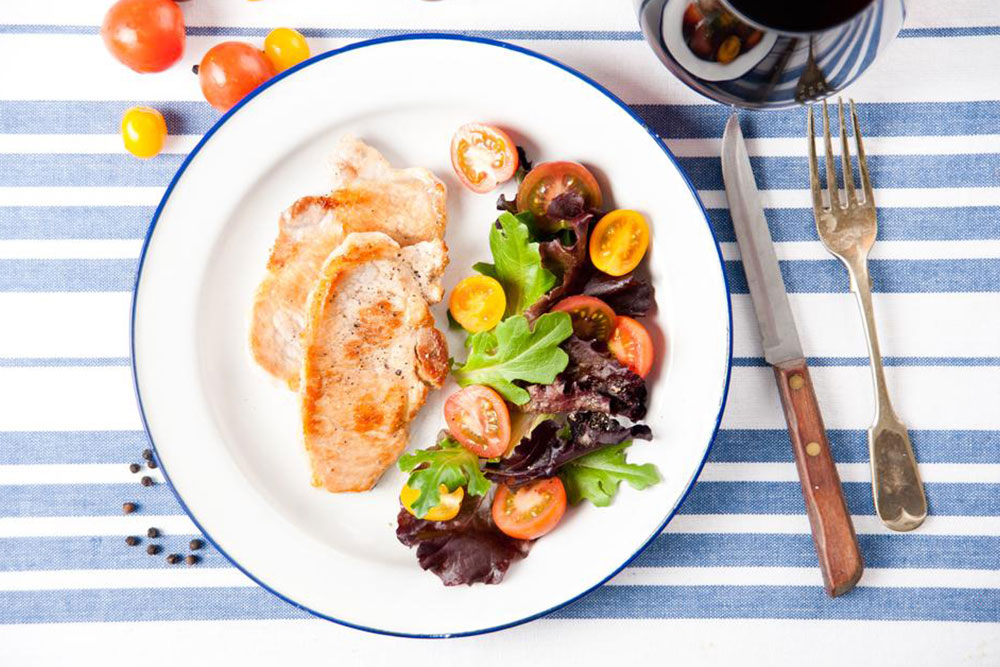Foods to Avoid When Managing Gout
Learn about essential foods to avoid if you have gout, including alcohol, seafood, sugary drinks, red meats, and high-purine vegetables. Incorporating gout-friendly foods like cherries and staying well-hydrated can help manage and potentially reverse this painful condition. This guide offers practical dietary tips and lifestyle suggestions for effective gout management and prevention.

Essential Foods to Steer Clear of if You Have Gout
Gout is a condition caused by excess uric acid in the bloodstream, which leads to crystal formation around joints, resulting in pain and inflammation. Though often considered chronic, gout can be managed and potentially reversed with proper lifestyle choices. Common symptoms include severe pain and swelling in the big toe, ankles, hands, or knees. If symptoms interfere with daily life, seek medical advice and consider dietary adjustments to reduce gout flare-ups.
Unhealthy habits like crash dieting, dehydration, alcohol consumption, and high-purine foods—such as red meats and shellfish—can trigger gout attacks. Learning which foods to avoid is crucial for managing symptoms and preventing future episodes.
Foods that reduce inflammation and uric acid accumulation support gout treatment. Here are key foods to limit or avoid:
Alcoholic beverages
Alcohol, especially beer, contains brewer's yeast, which can worsen gout. Beer intoxication strains kidneys and impairs uric acid excretion, facilitating crystal formation. Wine should also be avoided.
Seafood
Fish like lobster, scallops, tuna, and mackerel are high in purines and should be limited. Opt for low-purine options like salmon and oysters instead.
Sugary drinks and sweets
Beverages with added sugars—such as fruit juices, sodas, energy drinks—and sugary desserts like ice cream, cakes, and muffins can elevate uric acid levels and aggravate symptoms. Reduce coffee intake to one cup daily to help control gout.
Red and organ meats
Limit intake of beef, lamb, and organ meats to no more than 4–6 ounces per day. These meats are rich sources of purines that can trigger flare-ups.
Purine-rich vegetables
Vegetables like spinach, asparagus, mushrooms, and kidney beans contain significant purines and should be consumed sparingly.
To help manage gout, include foods that may reduce symptoms, such as cherries and cherry juice, low-fat dairy products, and plenty of water to stay hydrated. Avoiding trigger foods and adopting a healthy diet can help reverse gout and prevent future attacks.
Additional tips include taking anti-inflammatory medications, applying ice, staying well-hydrated, practicing relaxation techniques, and consulting with your healthcare provider for uric acid-lowering drugs like allopurinol or febuxostat. Consistent lifestyle adjustments are essential for long-term gout management.
Important Notice:
The information shared here is intended for educational purposes and should not replace professional medical advice. Always consult your healthcare provider for personalized treatment options. While the insights are based on current research, discrepancies or new treatments may emerge over time. Stay informed and prioritize a healthy lifestyle to effectively control gout symptoms.










